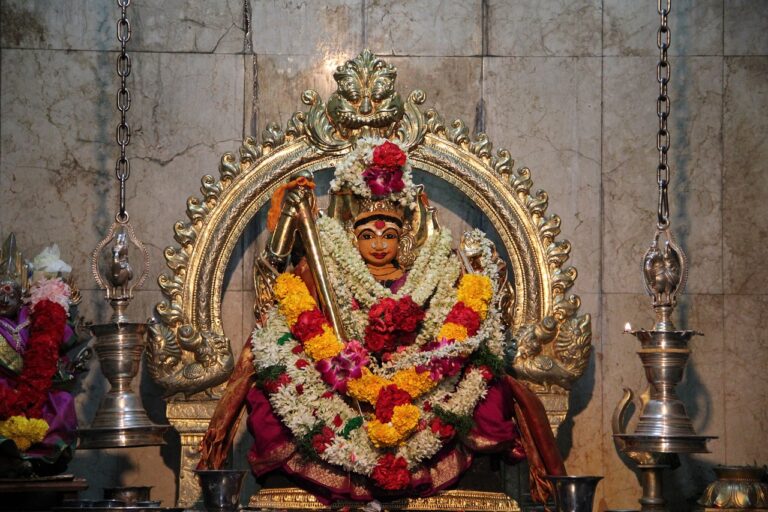Exploring the Use of User-Generated Content in Political Ads: Cricket bet 999 login, 11x play online, Betbhai9 register
cricket bet 999 login, 11x play online, betbhai9 register: In today’s digital age, political campaigns are constantly on the lookout for innovative ways to engage with voters and sway public opinion. One strategy that has gained popularity in recent years is the use of user-generated content in political ads. User-generated content, or UGC, refers to any form of content – such as videos, photos, or testimonials – that is created and shared by individuals rather than by a brand or organization.
Exploring the use of user-generated content in political ads can be a powerful tool for politicians looking to connect with voters on a more personal level. Let’s delve deeper into this strategy and its implications.
Harnessing the Power of Social Proof
One of the primary benefits of incorporating user-generated content into political ads is the power of social proof. When voters see real people – their friends, family, or fellow citizens – endorsing a candidate or sharing their positive experiences, they are more likely to trust and resonate with the message.
Building Trust and Authenticity
In today’s era of fake news and misinformation, authenticity is key in political campaigns. By featuring user-generated content in ads, politicians can demonstrate transparency and authenticity, showing that real people support their message and vision.
Expanding Reach and Engagement
User-generated content has the potential to reach a wider audience than traditional political ads. When individuals share their content with their networks, it can quickly go viral, reaching a broader demographic and sparking conversations that may not have occurred otherwise.
Encouraging Civic Participation
By encouraging individuals to create and share content related to political campaigns, politicians can foster a sense of civic participation and engagement. This can lead to a more informed and active electorate, ultimately benefiting democracy as a whole.
Navigating Challenges and Risks
While user-generated content can be a valuable tool for political campaigns, it also comes with its own set of challenges and risks. Politicians must be careful to vet and fact-check content to ensure its accuracy and authenticity. Additionally, they must be prepared to handle negative or controversial content that may arise.
Closing Thoughts
In conclusion, the use of user-generated content in political ads can be a powerful strategy for engaging with voters, building trust, and expanding reach. By harnessing the authenticity and social proof provided by real people, politicians can create a more personal and impactful campaign message. As technology continues to evolve, the use of UGC in political ads is likely to play an increasingly significant role in shaping the political landscape.
FAQs
Q: How can politicians encourage individuals to create user-generated content for their campaigns?
A: Politicians can encourage UGC by hosting contests, using branded hashtags, and engaging with their audience on social media platforms.
Q: What are some examples of successful political campaigns that have used user-generated content?
A: The Obama campaign in 2008 and the Trump campaign in 2016 are both examples of successful political campaigns that utilized user-generated content effectively.







